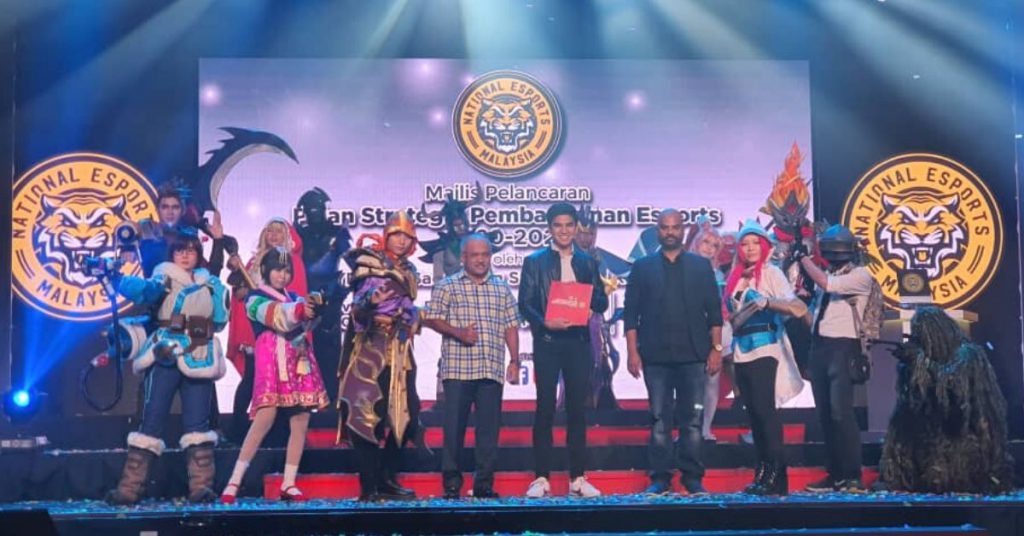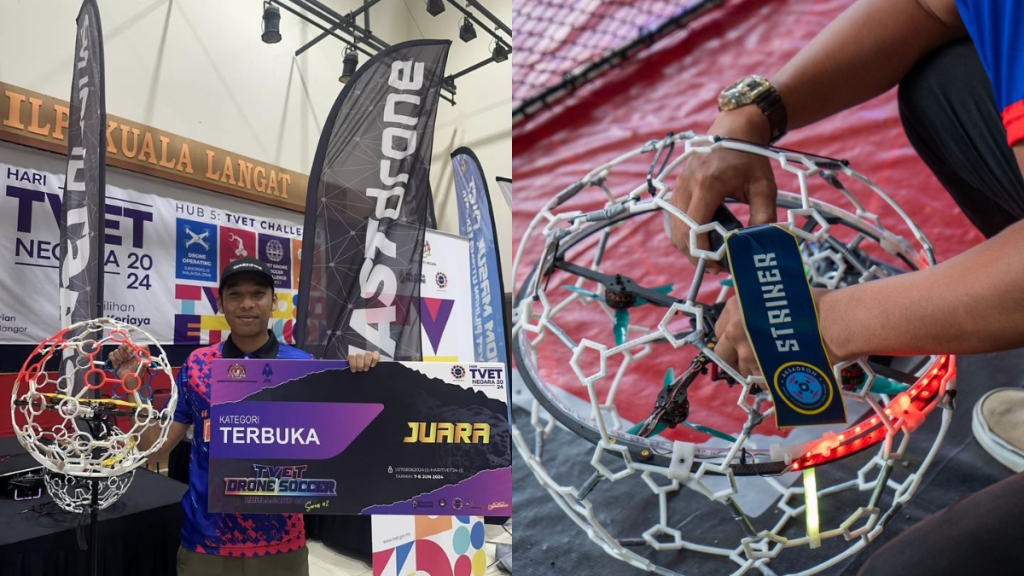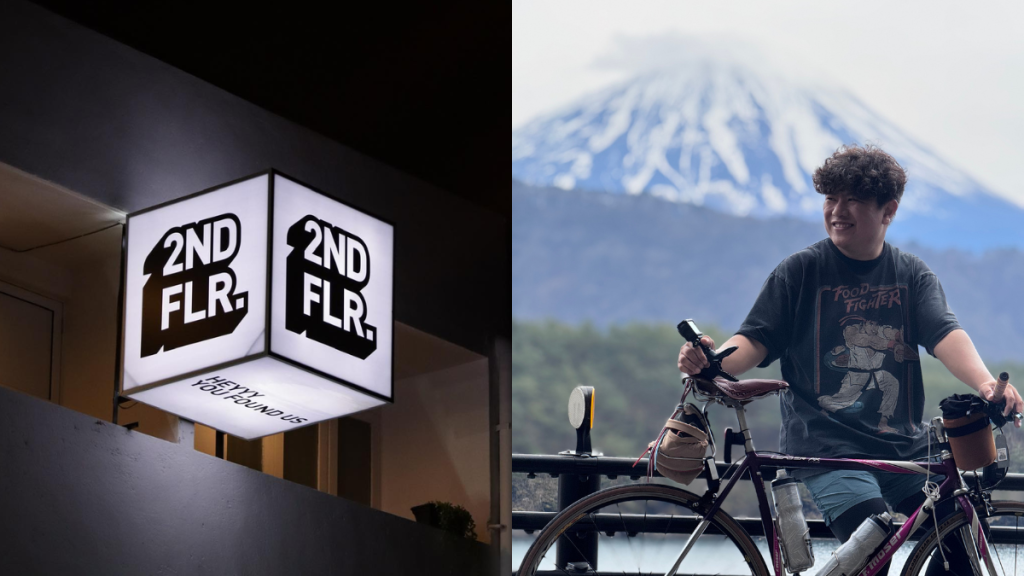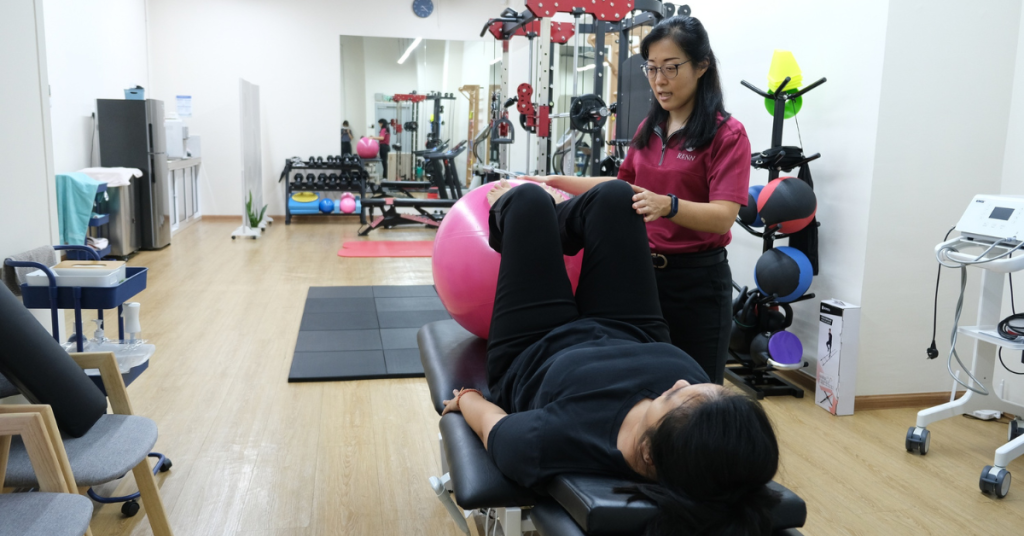Esports made an impactful debut on the international and mainstream stage after it was recognised as an official medal event at the SEA Games 2019.
With our national esports representatives still playing their hearts out to bring back the gold, we delved into the Ministry Of Youth And Sports’ (KBS) Strategic Plan For Esports Development 2020 – 2025 for a glimpse of what the future of our esports industry holds.
Esports Will Be An Honest To Goodness Job
The Esports Malaysia Association (ESM) will be lending legal aid, connecting players with pro bono lawyers and helping them to draft player contracts.

The blueprint lists contract guidelines to give esports athletes employee rights that other professions enjoy including but limited to:
- A monthly stipend,
- Potential salary increments,
- Access to the Employee Provident Fund (EPF),
- Medical and travel insurance.
And of course, a job won’t be complete without a career path.
Veteran athletes can expect support if they choose to transition to other esports related jobs such as mentoring, game marshalling, event management, team management, journalism and streaming.
That sounds really promising, but first, talent needs to be nurtured.
Training Students In Esports
The blueprint starts this process early as schools will be recognising esports as a valid extracurricular activity, which awards merit/credit depending on performance.
On top of that, Sukan Malaysia (SUKMA) will be recognising esports as a medal event.

School teachers are also tasked with identifying students that display a talent for the Esports Excellence Centre program.
Interestingly, these talents are not limited to just esports but also sports, academics and art.
Selected students will be supported by the school to hone their area of expertise as well as to learn complementary life skills so that they can thrive in the industry.
Under this program, a physical centre will be set up with facilities such as high-end PCs and esports peripherals in order for students to sharpen their skills.
Don’t worry parents, your kid won’t be skipping school entirely, as one of the guidelines highlighted in the blueprint makes it compulsory for athletes to at least complete secondary school.
It’ll Be Treated As A Serious Sport
This is already happening, especially with the recent SEA Games 2019.
Before we sent our players over, they underwent an intensive National Selection process organised by ESM.

This first involved state-level tournaments which then culminated in a national level qualifier with our very best competing for the opportunity to go to the SEA Games.
This National Selection process will be applied when determining our representatives in future sporting events from now on.
Well, if it works, don’t fix it right?
Next, our national representatives will be put through a National Esports High Performance Program, designed to push them to succeed at an international level.
This program will be supported by ESM, KBS and Majilis Sukan Negara, who will be acquiring high-class facilities, services and resources dedicated to honing our athletes’ skills.
As a bonus, high performing athletes will be eligible for financial sponsorships to help pay off student loans, university fees or fund educational courses (similar to a sports scholarship).

To keep track of our players, esports athletes will be required to register under an affiliated association in order for them to participate in any regional games, just like our traditional athletes.
Speaking of competing, the ESM is officially the go-to body if teams need assistance to participate in international competitions.
This involves liaising and communicating with all relevant parties to obtain approvals and paperwork.
Here’s to hoping that this will prevent incidents like our Malaysian Overwatch Team being unable to attend the Overwatch World Cup 2019.
Stigmas Will Be Addressed
There are still a lot of stigmas attached to the concept of esports and gaming in general which needs to be addressed before it can be accepted by the community.
For example, stigmas highlighted by the blueprint include:
- Gamers are unhealthy and undisciplined,
- Gaming is a waste of time,
- Esports is a dead-end career,
- Gaming addiction,
- Gaming culture is ‘toxic’ and lacks positive role models.
To combat this, awareness campaigns, programs, tournaments and events will be organised to educate the public on these issues as well as to promote healthy gaming.
As far as I can tell, healthy gaming here simply means gaming without falling victim to the above issues.

Taking cues from video game publishers Riot Games‘ and Moonton’s Ambassador Programs, we will have our own National Esports Ambassador Program.
Our esports youth ambassadors will act as positive role models at schools, universities and in the community, promoting a healthy esports oriented lifestyle while encouraging potential fans to participate in the industry.
Last but certainly not least, the blueprint notes the lack of women in esports, which is attributed to a lack of awareness and interest.

To address this, campaigns will be held to promote female talent, along with the establishment of women divisions at esports tournaments and regional sporting events.
Esports Development Will Be Made Law
Governments love their acts, and currently, esports is still grouped under the Sports Development Act 1997.
The blueprint touts the need for a dedicated act to safeguard and regulate the Malaysian esports scene.
The reasoning for this is to convince stakeholders that the Malaysian government is open to the idea of esports development, as we would be one of the few countries that recognise esports by law.
One such country is Korea and their Act On Promotion Of Esports which:
- Serves to establish infrastructure for the culture and industry of esports,
- Enhances competitiveness in esports,
- Contributes to people’s opportunities to enjoy esports,
- Develops the national economy by promoting esports.
Our own act will be benchmarked against Korea’s and research will start next year before a draft is tabled in parliament.

With stakeholders in mind, the blueprint already mentions ways to turn our country into a regional esports hub. These include:
- Tax incentives for esports production (such as events and tournaments),
- Turning Malaysia into a priority market for game publishers, event organisers and NGOs,
- Turning Malaysia in an esports tourism destination,
- Encouraging branded sponsorship,
- Encouraging foreign teams to train in Malaysia.
-//-
These are just some of the changes we can expect to see in the next 5 years. Time will tell if any of this will actually be implemented effectively, but the gamer in me wants to stay optimistic.
If you want to find out more, you can download the 144-page blueprint here.
- You can read more about what we’ve written on esports here.
Featured Image Credit: ESM Facebook















